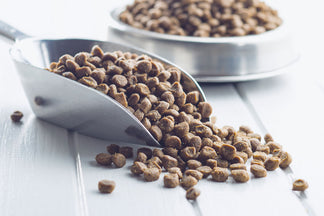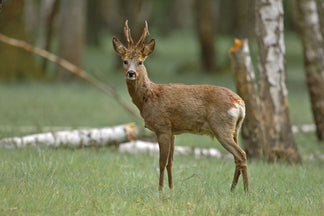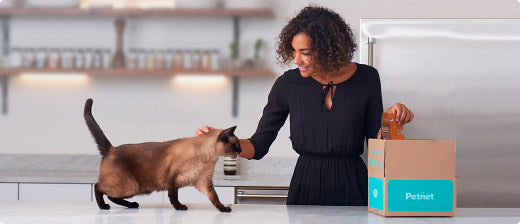Fat in a cat's diet is essential. Just as with humans, fat provides energy or fuel and aids in the breakdown and absorption of certain fat-soluble vitamins such as Vitamin A, D, E & K. In addition, it provides a layer of insulation and protection for the internal organs.
Good sources can be found in animal proteins (saturated fat) and vegetable oils (polyunsaturated fat). Some essential fatty acids, such as arachidonic acid, must be obtained through diet. Fats are also a good source of omega 3 and omega 6, two important important fatty acids for health and vitality.
“Omega-6 and omega-3 fatty acids play a vital role in healing inflammation. Replacing some omega-6 with omega-3 fatty acids can lessen an inflammatory reaction—whether it is in the skin (due to allergies), the joints (from arthritis), the intestines (from inflammatory bowel disease) or even in the kidneys (from progressive renal failure).” Source: ASPCA: Nutrients Your Cat Needs.
While fat in the diet is important and helps enhance the flavor of food, a proper balance of fat is critical. Cats fed too much fat can easily become overweight, and as we know, pet obesity in this country is severe with over 50% of pets being overweight or obese. In a study by the National Academies on OUR CAT’S NUTRITIONAL NEEDS, a cat’s diet should have a fat content 9% or more of dry matter.

 Food
Food
 Food
Food
 Food
Food
